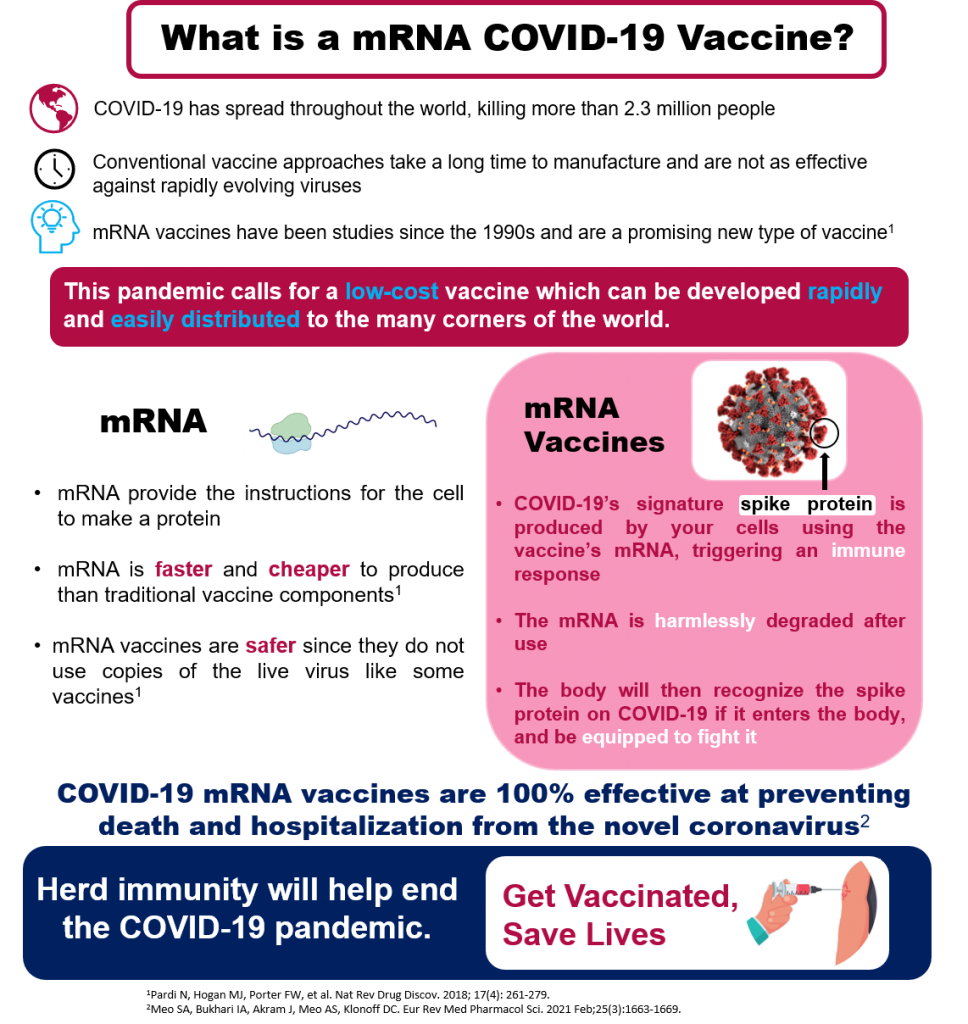
The overwhelming majority of Science Professionals and Researchers are not exposed to any formal communications training, and it shows. Research is only as powerful as the audiences that can connect with it. We work with you to bring your work out into the world!
Science For Georgia offers a no application needed, science communication training program. We guide students and professionals in building bridges across disciplines and out into the larger community. Everyone has a voice. Maximize yours to effectively advocate for yourself, your science, your career, and your fellow humans.
Instructor is relatable and clear. Content is useful [for] someone just venturing in Scicomm!
Amy is a great presenter. Very entertaining and helpful.
I like being able to apply groups to understand audience needs.
I wish this could be a whole day workshop.
Good workshop - I learned a lot that I can apply in the future.
Personable and easy to dive in. I can see things learned in this course for not only my research but also my passion projects.
I really enjoyed the one-on-one meeting with instructor.
I really appreciated the workshop nature and learning what all the other students were working on as well. The 1:1 with Dr. Sharma is what makes this science communication workshop unique and super helpful! I will definitely be applying what I learned at SciComm to other presentations and communications I have in the future!
I've learned the effectiveness of telling a great anecdote to help effectively communicate my position.
Why Science for Georgia?
Our staff have been teaching science communications for 5 years and science classes for 40 years!
Science for Georgia has developed a reputation for delivering audience-relevant best-practice technical information about literacy, food insecurity, clean water, and environmental justice.
Learning Objectives
Workshop Options
90-min Workshop ($1000)
- Main point identification
- Audience relevance
- Basic storytelling
- Outline for an effective "elevator speech"
- Snacks provided
4-Hour Workshop ($2500)
Interactive exercises to walk through:
- Main point identification
- Audience relevance
- "To the point" messaging
- Communication tips & tricks
- Basic storytelling
Workshop ends with creation of choice of: elevator speech, lay abstract, fact sheet, executive summary, poster layout, presentation outline, or interview responses.
Food provided.
60-min Short Courses ($750)
- Working with the media
- Introduction to the government
- Science blogging
- Plan language abstracts
- Effective use of visuals and colors
- Presentation skills and outlines
- Interview and resume skills
Ready to get started?
Use the form below to contact us to learn more!
Experience
A generous grant from the Imlay Foundation has provided for workshops at:
Georgia College and State University, Georgia State University, College of Coastal Georgia, Georgia Gwinnett College, Augusta State University, Clayton State University
Customers include:
ComSciCon, Georgia Botanical Gardens, the Atlanta Botanical Gardens Horticulture Group, Georgia Tech Public Policy, Emory's Post-Doc Program, Emory's Science Advocacy Network, Emory Epidemiology PhD Program, and UGA's Learn by Leading Program.

